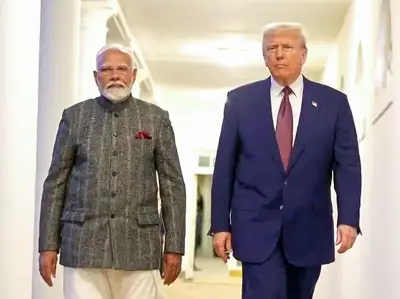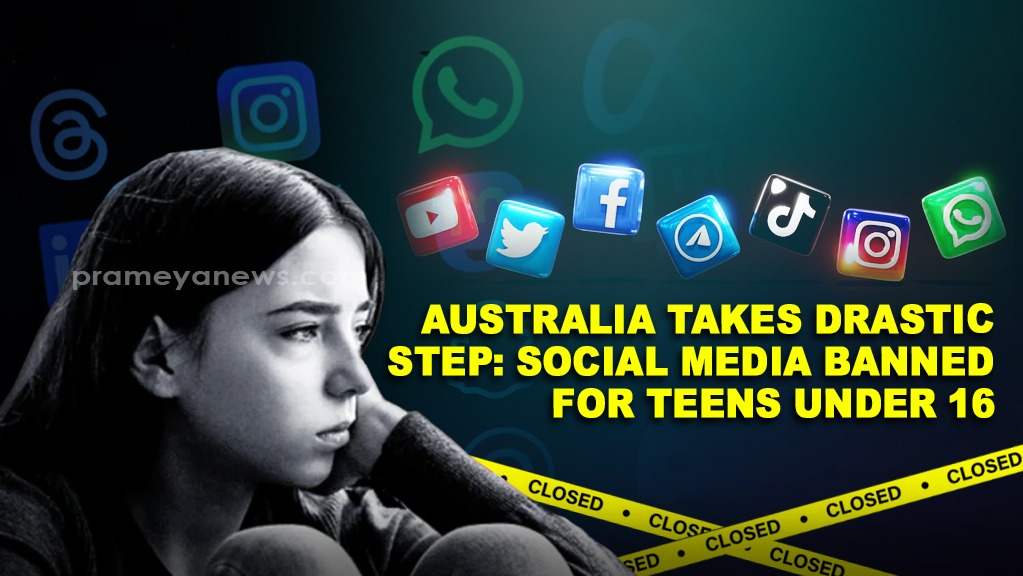

In a bold move to protect young people, Australia has enacted a sweeping ban on social media access for children and teenagers under 16. This landmark legislation, passed with bipartisan support, aims to safeguard the mental health and well-being of its youth, but it has also ignited a firestorm of debate about online safety, freedom of expression, and the role of government in regulating the digital world.
The ban targets platforms whose primary function is online social interaction, including popular giants like TikTok, Instagram, Snapchat, Reddit, X (formerly Twitter), and Facebook. However, platforms like YouTube, WhatsApp, Google Classroom, and Messenger Kids are exempt, raising questions about the criteria for inclusion.
Enforcement of this ambitious ban presents a significant challenge. Social media companies will be required to implement age-verification measures to prevent underage users from creating accounts. Failure to comply could result in hefty fines, with a trial of age-verification methods set to begin in January 2025.
Public opinion on the ban is divided. While a majority of Australians support the legislation, concerns have been raised about its rushed implementation, lack of clarity on enforcement, and potential impact on young people's social lives and access to information.
Social media companies have also expressed reservations, criticizing the lack of clarity and consultation in the legislative process. They argue that the law overlooks existing industry efforts to ensure age-appropriate experiences and fails to adequately consider the voices of young people.
Australia's move stands in stark contrast to approaches in other countries. While France has introduced legislation requiring parental consent for social media access for children under 15, it has yet to be enforced. Belgium has a more lenient law, requiring users to be at least 13 years old.
Australia's social media ban for teenagers is a bold experiment with potentially far-reaching consequences. While the intention to protect young people's mental health is commendable, the effectiveness and implications of this ban remain to be seen. This move has undoubtedly sparked a global conversation about the role of social media in young people's lives and the responsibilities of governments and tech companies in ensuring their online safety. As Australia embarks on this unprecedented path, the world will be watching closely to learn from its successes and challenges, potentially shaping future policies on digital well-being for young people across the globe.